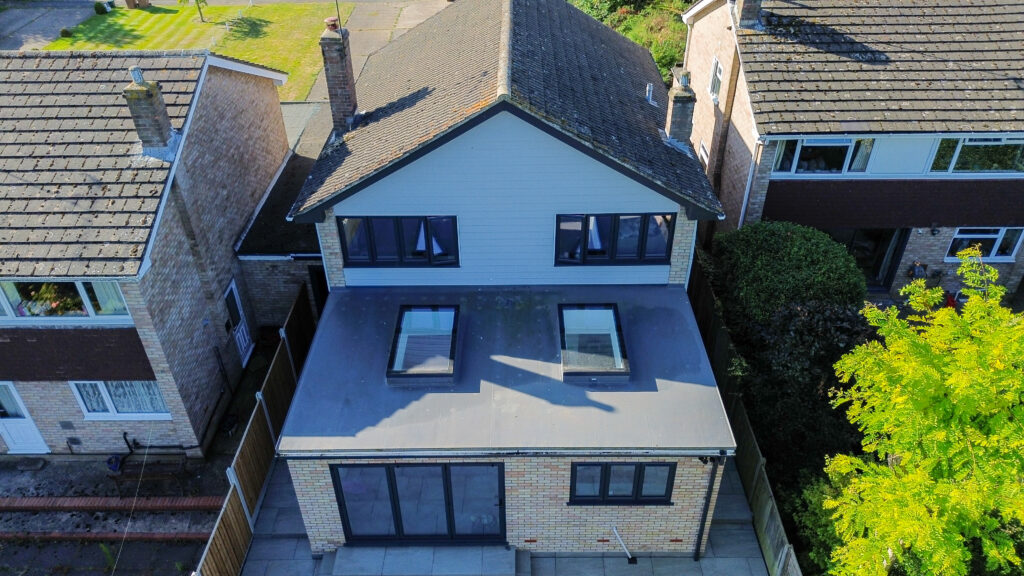
5 Things to Consider When Planning a House Extension
1. Planning Permission
2. Building Regulations
Even if your extension doesn’t require planning permission, it must still comply with building regulations. These regulations cover crucial aspects such as energy efficiency, damp proofing, and structural integrity, fire protection, accessibility and protection against falls, electrical and gas safety. Adhering to these regulations ensures that your extension meets the required standards set by the government.
3. Budget Considerations
When planning a house extension, it’s crucial to consider all associated costs. Your budget should account for construction costs, design fees, permits, materials, and even VAT. It may be tempting to cut corners, it’s important to remember that cutting corners comes with risks. A poorly planned house extension can lead to further expenses to cover repairs if an extension is designed poorly, and in worse case scenarios it can reduce the value of the property.
4. Additional Costs
5. Talk to Your Neighbours
While your neighbours cannot stop you from building on your property, having their support can make the process much smoother. Open communication and addressing any concerns they may have can go a long way in ensuring a positive experience for everyone involved.
Contact us:
Interested in knowing more about how our house extension architects can help you? Keen to see examples of our work? Get in touch with a member of our team today!
To contact Munday + Cramer, please click here or call us on 01245 326 200.
